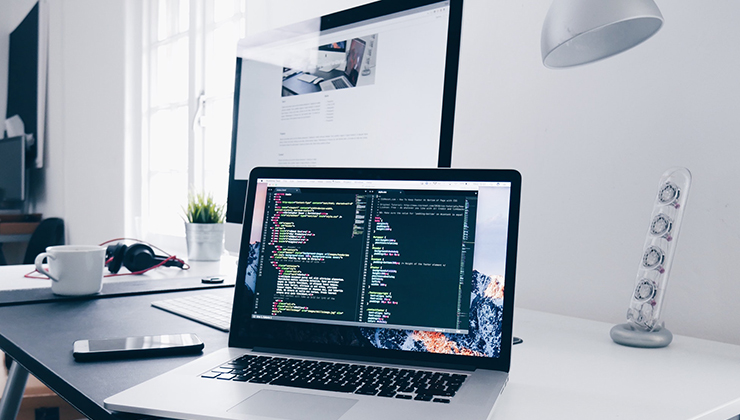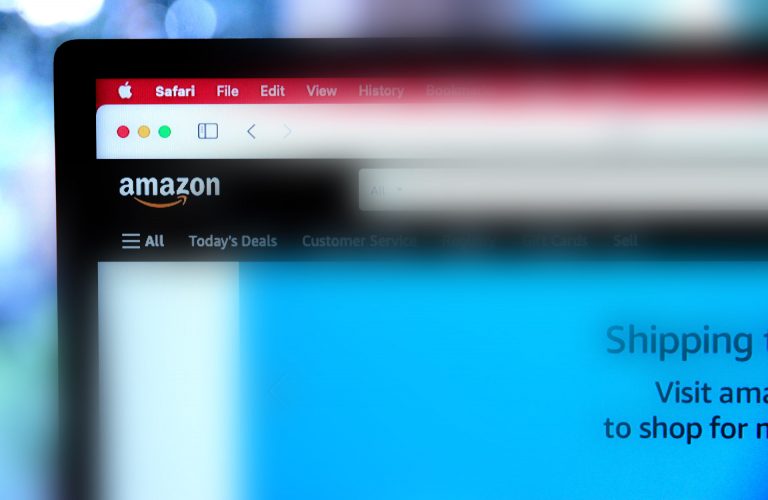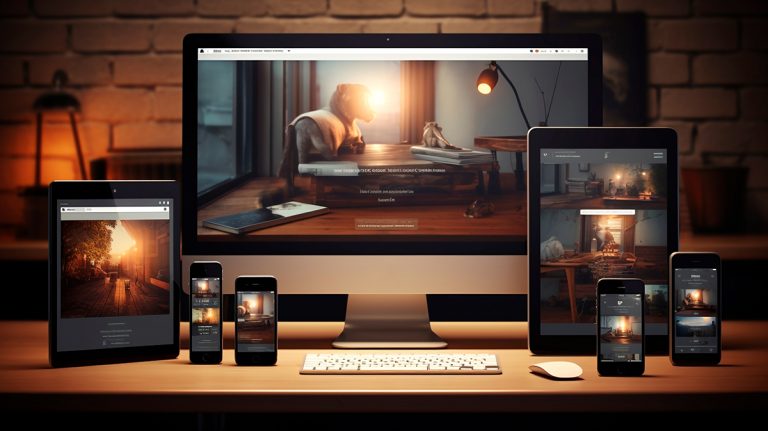If you’re considering freelancing as your next career move, or you have been walking down this particular path for a while, you might be looking for some budgeting tips. Being a freelancer means you’re in quite a unique situation when it comes down to your finances. It’s very likely that your income will be inconsistent, which is not the easiest of situations when it comes to managing your money efficiently. There are a few basics you’ll need to work on, and after that, it should be plain sailing. Below are three essential tips on how to better manage your feast and famine workflow. Follow them, and you won’t be kept awake at night worrying about your finances.
Keep Your Expenses Predictable
Being a freelancer is a little different than a person with a salaried job. Your income is variable, and so the traditional way of managing your money doesn’t quite work. You need to work backward and look at your expenses before deciding how much you need to earn to cover them. With that baseline income figure in mind, it’ll be easier to see what extra you’ve got every month. Expenses you need to consider include:
- Food
- Housing – rent/mortgage, taxes, insurance
- Utilities
- Transport
- Internet and phone
- Medical costs
- 17 Easy Ways To Save Money
Open an Emergency Savings Account
It’s always a good idea to have money put aside for emergencies. You don’t have to put a lot in it at one time, rather simply save as much as you can every month. If you feel you can give up some of your extra expenses, such as subscriptions, put that money in the account as well. You might not appreciate it now, but when your car needs repairs or your roof develops a leak, you’ll be glad you did.
As well as an emergency savings account, consider opening an account just for your taxes. They aren’t deducted from your paychecks like they would be if you had a traditional job. It’ll be a good idea to have the money to pay your tax return when it becomes due.
Plan for Your Retirement
The earlier you start saving for your retirement, the better your financial position will be when you no longer want to work. Consider opening an Individual Retirement Account because this will be beneficial when it comes to paying taxes. As long as you don’t put away more than $5,500 per year, you’ll be entitled to tax cuts as you save. You’re not going to have the traditional company pension to fall back on, but there’s no reason why you should have to work forever.
Managing the finances of your freelance business doesn’t have to be scary. It also doesn’t have to be something that keeps you awake at night. Once you’ve worked out the bills you have to pay every month, it’s just a case of planning for the future. There are so many different tools, apps and information available online that you shouldn’t have to struggle. Dividing your income up is going to help you keep track of what you have. To keep your finances looking good, you need a certain amount of self-control, consistency in your approach and commitment.










